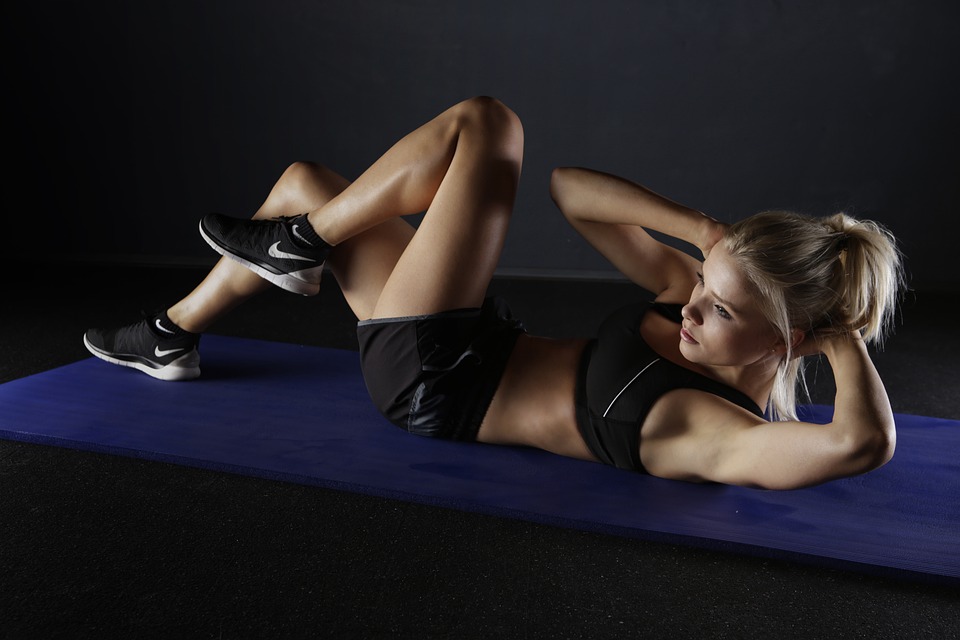Exercise is often touted as a panacea for many ailments, from physical health to mental well-being. But can exercise really help with anxiety? The short answer is yes, and in this article, we will explore the connection between physical activity and mental health.
Anxiety is a common mental health condition that affects millions of people worldwide. It is characterized by feelings of worry, fear, and unease that can be overwhelming and debilitating. While there are many treatments available for anxiety, including medication and therapy, exercise has been shown to be an effective complementary therapy for managing symptoms.
Research has found that exercise can help alleviate anxiety symptoms in several ways. For one, exercise releases endorphins, which are natural mood-boosters that can help reduce feelings of stress and anxiety. Additionally, exercise can help regulate the body’s stress response, making it easier to cope with stressful situations.
One study published in the Journal of Clinical Psychiatry found that aerobic exercise was effective in reducing symptoms of generalized anxiety disorder. Participants who engaged in regular aerobic exercise for 12 weeks saw a significant reduction in anxiety symptoms compared to those who did not exercise.
Another study published in the Journal of Psychiatric Research found that resistance training was effective in reducing symptoms of social anxiety disorder. Participants who engaged in regular resistance training for eight weeks saw significant improvements in their social anxiety symptoms compared to those who did not exercise.
While the research on exercise and anxiety is promising, it’s important to note that exercise alone may not be enough to manage severe anxiety. It’s important to seek professional help if you are experiencing severe anxiety symptoms.
That said, incorporating regular exercise into your routine can be a helpful tool in managing anxiety. Here are some tips for incorporating exercise into your routine:
– Start small: If you’re new to exercise, start with a small goal, like taking a 10-minute walk each day. Gradually increase the duration and intensity of your workouts as you build up your fitness level.
– Find an activity you enjoy: You’re more likely to stick with exercise if you enjoy it. Try out different activities, like hiking, swimming, or dance classes, until you find something you love.
– Make it social: Exercise can be a great way to connect with others. Join a fitness class or find a workout buddy to help keep you motivated.
– Make it a habit: Schedule exercise into your routine, just like you would with any other appointment. Aim for at least 30 minutes of moderate-intensity exercise most days of the week.
In conclusion, exercise can be a helpful tool for managing anxiety. While it may not be a cure-all, incorporating regular exercise into your routine can help alleviate symptoms and improve overall mental well-being. Remember to start small, find an activity you enjoy, make it social, and make it a habit. And always seek professional help if your anxiety symptoms are severe.




